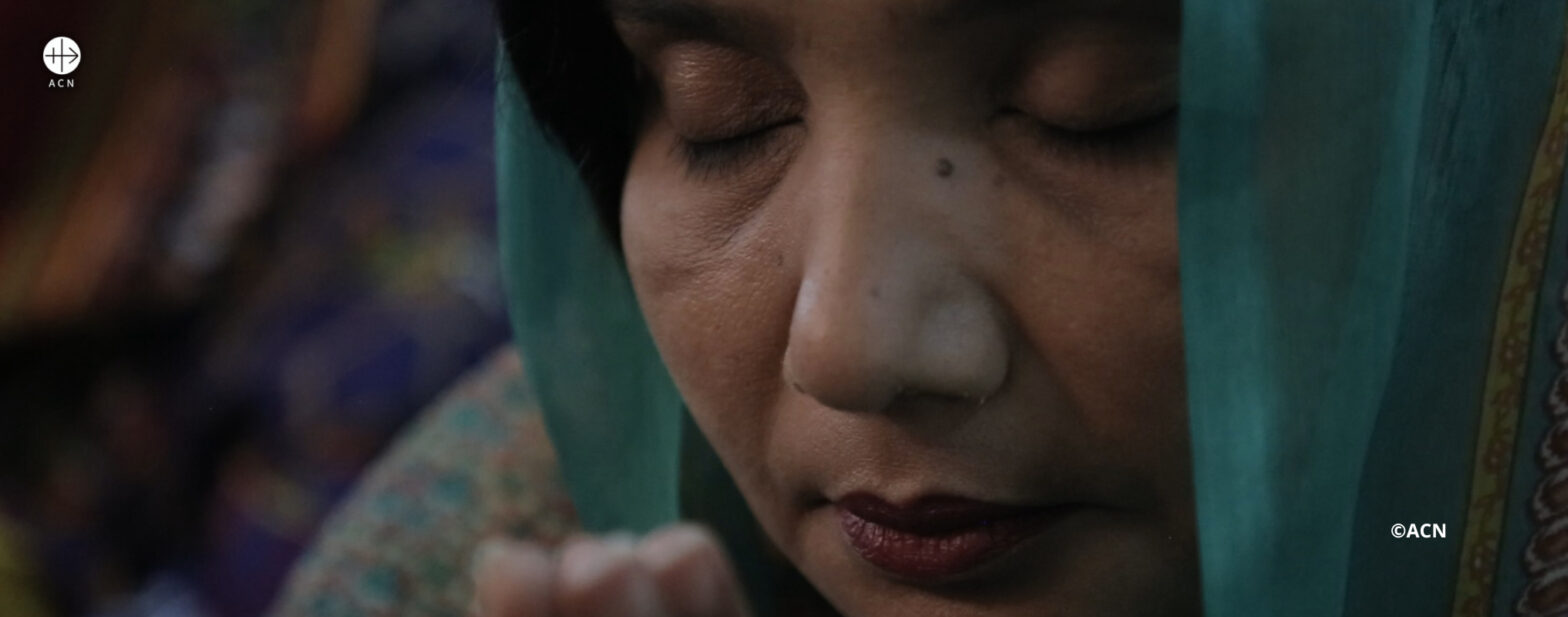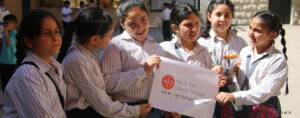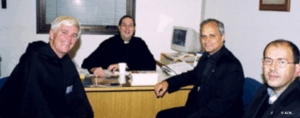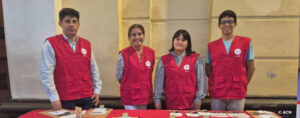Head of Justice and Peace Commission sees little progress in religious freedom.
The director of the Catholic National Commission for Justice and Peace (NCJP) in Pakistan, Father Emmanuel Yousaf (Mani), says abductions and forced conversions of young women from Christian minorities are on the rise. “The problem is becoming more acute day by day,” the priest said in an interview with the international Catholic charity Aid to the Church in Need (ACN).
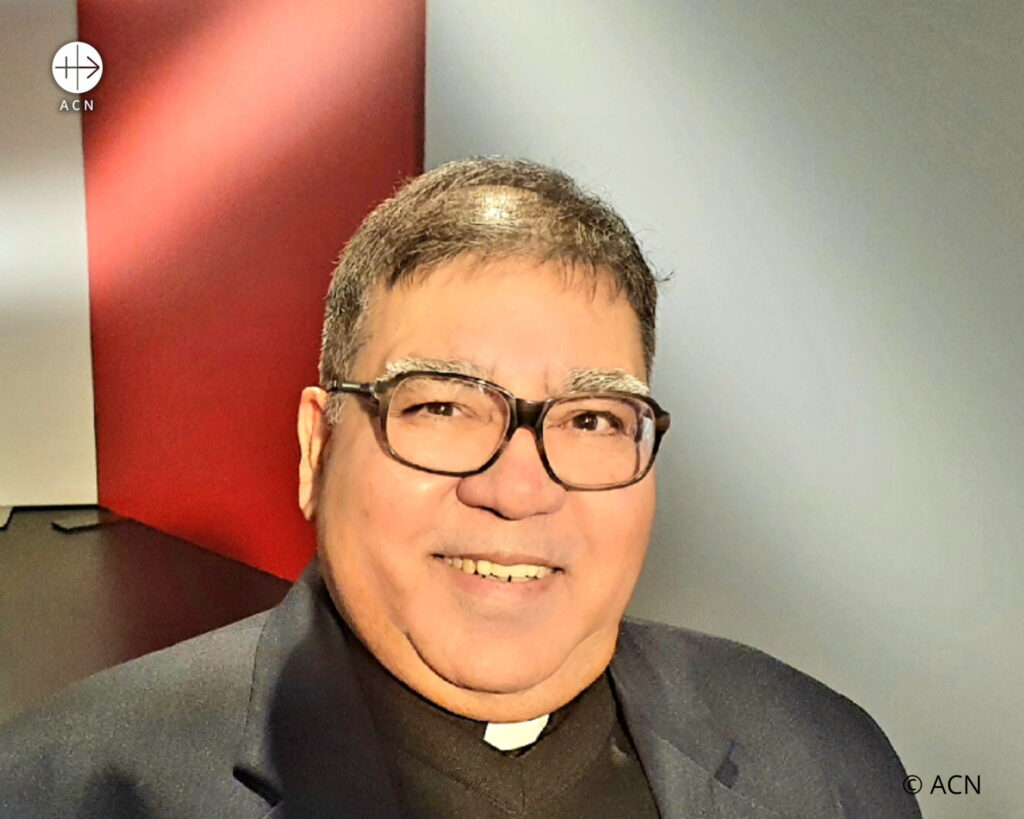
According to him, those most affected are members of the Christian and Hindu minorities in the provinces of Sindh and Punjab. There are laws against child marriages and forced marriages, but they are not implemented: “One reason is that all this happens mainly to Christians and Hindus. The pressure comes from Pakistani society and the Muslim side. They put pressure on the families and the girls.”
Without going to court, it is impossible to get the women released from the hands of radical Muslim kidnappers, but going to law consumes a lot of time and money, he said. “Even the lawyers are afraid to deal with such cases, and so are the judges.”
Here is a sample of the documents produced by the Center to inform Christians of their rights and the problems they face (in English, one of the two official languages of the country along with Urdu).
Small but influential group of radical Muslims
Father Yousaf stressed that radical Muslims in Pakistan are a small but influential minority: “I have many Muslim friends, but they are the silent majority; that is the problem.” The Western public is also called upon to repeatedly address the human rights situation in Pakistan and to call for the law to be applied better in practice.
This also applies to the blasphemy laws, under which any denigration of Islam and the Prophet Muhammad is a punishable offence. This is often used to settle personal scores, which can affect Christians as well as Muslims. “It often concerns a personal dispute or land conflicts,” the priest explained. When Christians are accused of blasphemy, Muslims from the affected district and wider localities are drummed up: “They come and loot the houses. They set fire to the church.” The priest stressed that he is not primarily concerned with changing or abolishing the blasphemy laws, “but with stopping the abuse of the regulations.”
Many prejudices against Christians
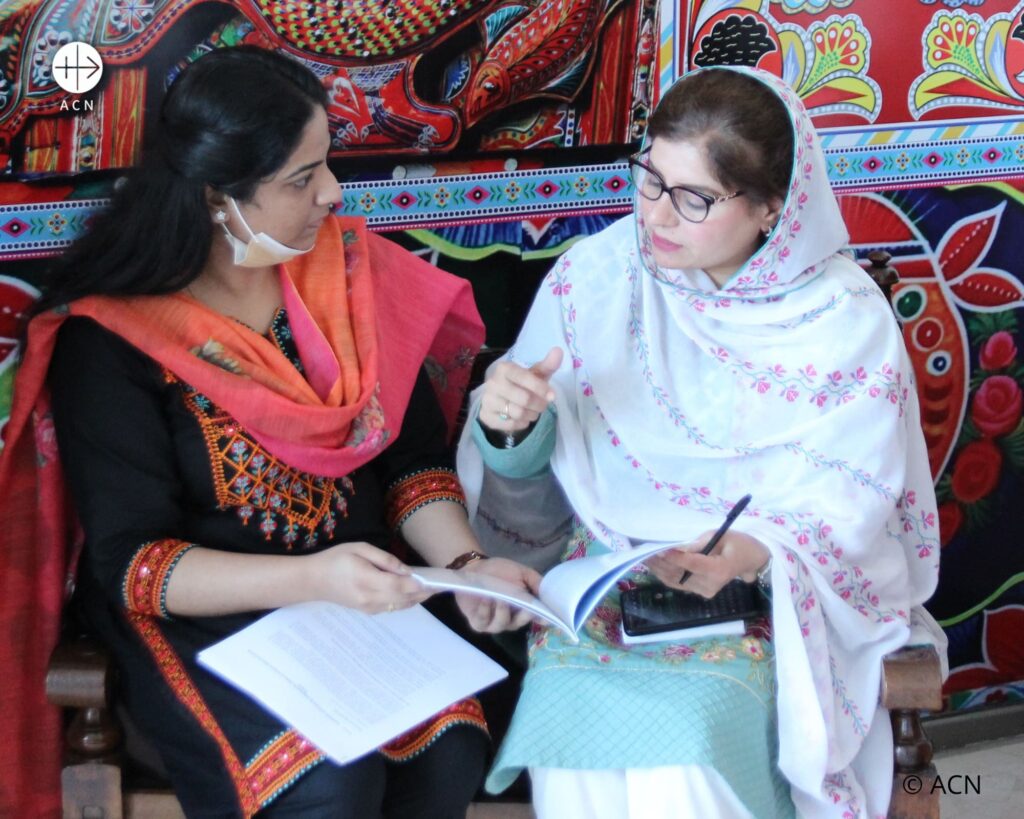
Christians, who make up less than two per cent of Pakistan’s population, must contend with many prejudices in the country. “Many here think we can get a visa to travel abroad in no time, but that’s not true. They say we belong to Europe because we are Christians. But we are Pakistanis, and we love this country.”
Referring to religious freedom, he said that there is hardly any progress in Pakistan. This makes the support of organizations like ACN, which has been working closely with Father Yousaf and the Commission for Justice and Peace for years, all the more important. It enables the Commission to pay legal costs for families whose girls have been abducted or to carry out educational work on human rights violations, said the priest. “I am grateful to ACN. They are a great support to us. Because when we must go to court, it is very expensive. But we will continue to fight for these poor girls.” In the process, he said, “small miracles” keep happening. These make it worthwhile to continue.
According to a report presented to the United Nations Human Rights Council in the summer of 2022, there were at least 78 documented cases of abduction, forcible conversion to Islam and forcible marriage of young women in Pakistan in 2021. The study was prepared by the Centre for Social Justice (CJS) in Lahore. The CJS also speaks of at least 84 documented cases in 2021 in which Pakistanis were prosecuted for blasphemy. Observers believe that the actual numbers are likely to be higher, as many such acts are not reported to the police.

